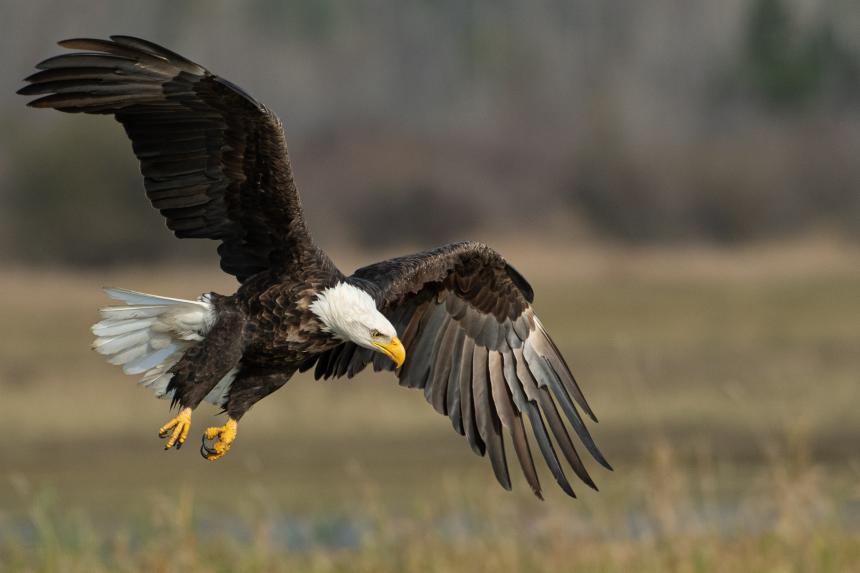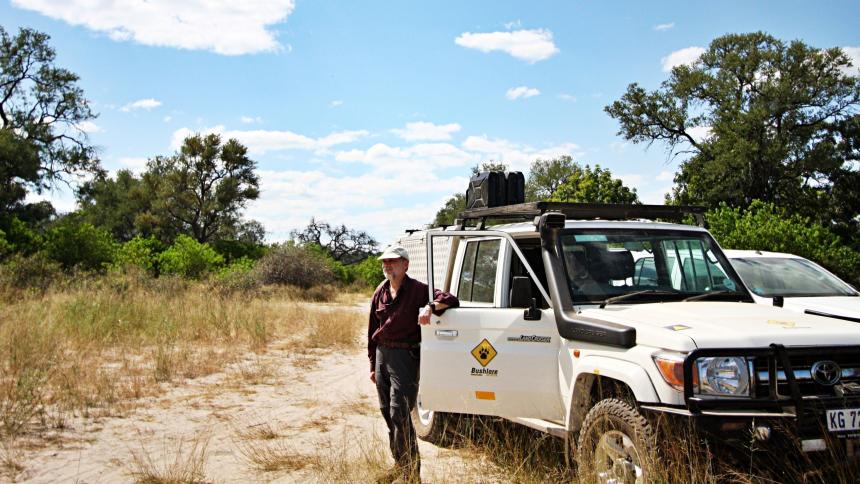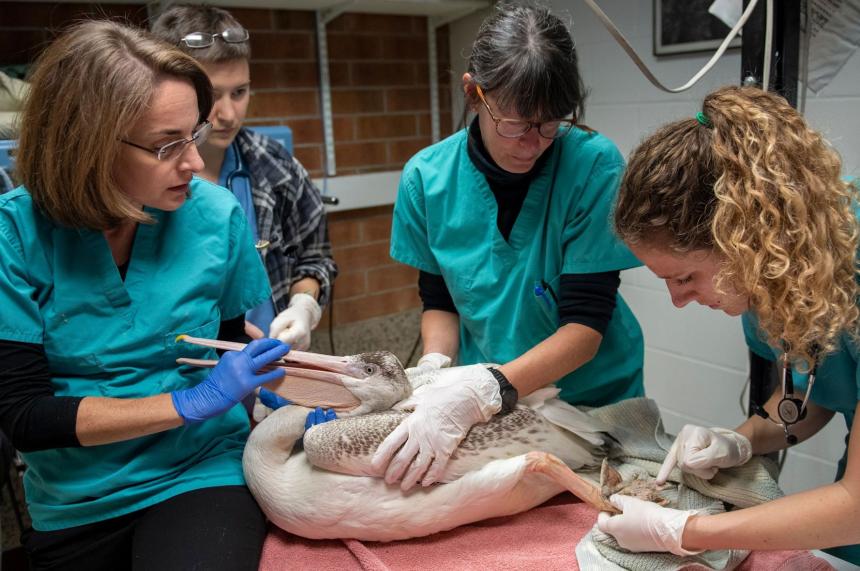In the News

For Your Information
November 01, 2023
This new paper by Cornell researchers presents background and commentary focusing on companion and peri-domestic animals as disease risk for humans, taking into account the human-animal interface and population dynamics between the animals themselves.

For Your Information
October 28, 2023
In this study led by Cornell's Dr. Karyn Bischoff, researchers found pesticide contamination of beeswax in New York State's beekeeping industry to be common, with commercial beekeepers experiencing the greatest contamination.

Video
October 23, 2023
In this eCornell webinar, Dr. Steve Osofsky, Dr. Krysten Schuler, and Dr. Jennifer Bloodgood of the Cornell Wildlife Health Center at the Cornell College of Veterinary Medicine share their experiences from the field and the lab to illustrate how the health of wildlife and our own health are inextricably linked.

For Your Information
June 13, 2023
While the recent population recovery of bald eagles in New York State is a conservation success, evidence from necropsies suggest that ingested lead from ammunition fragments is causing morbidity and mortality to wild eagles.

May 01, 2023
Kristina Ceres' extensive research, from cattle with tuberculosis to the critically endangered great hammerhead shark, led the Wildlife Disease Association to select Ceres for a Graduate Student Scholarship Award, which recognizes outstanding academic accomplishment and future potential in wildlife research.

March 30, 2023
In recognition of their outstanding scholarship and service, multiple members of the Cornell University College of Veterinary Medicine faculty have been granted named professorships, including Drs. Raina Plowright and Gary Whittaker.

February 19, 2023
Cornell's Dr. Laura Goodman says there's evidence that warming temperatures have already led to the emergence of a new fungal disease, Candida auris. She says that it's probably harmless for many people, but those with compromised immune systems may be at risk.

February 03, 2023
A study led by Cornell researchers found that white-tailed deer – the most abundant large mammal in North America – are harboring SARS-CoV-2 variants that once widely circulated but are no longer found in humans.

January 18, 2023
From Ithaca to the plains of southern Africa, the Cornell Wildlife Health Center is working to heal the natural world. Launched in 2020, the center was formed to unite Cornell’s leading wildlife health professionals under a common mission: to repair the fractured relationship between people and nature.

January 16, 2023
The Cornell Wildlife Health Center has launched a new Student Support Fund for off-campus apprenticeships with free-ranging or captive wildlife, on-campus wildlife research, and student travel to present at professional conferences on wildlife health and conservation.
